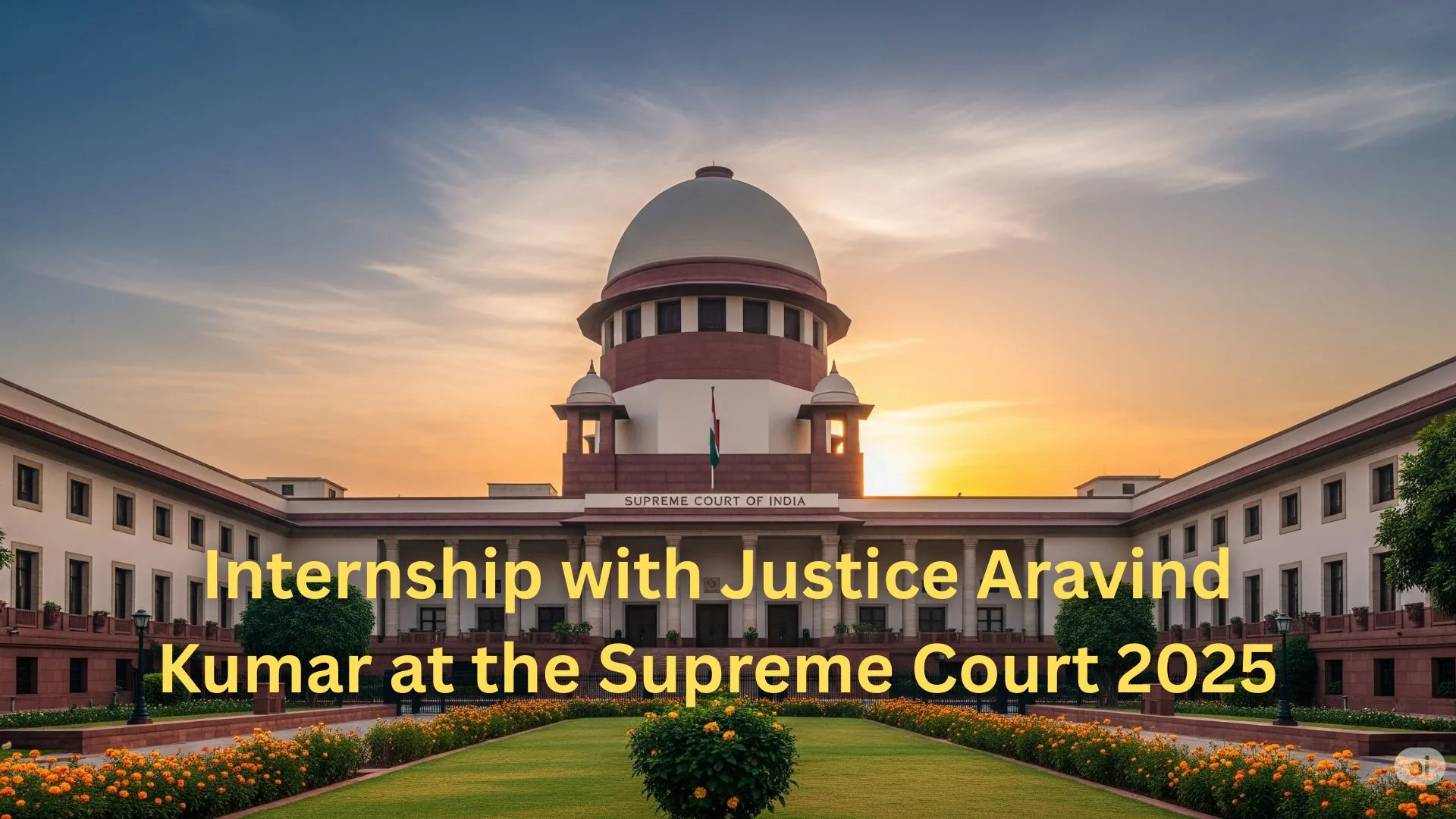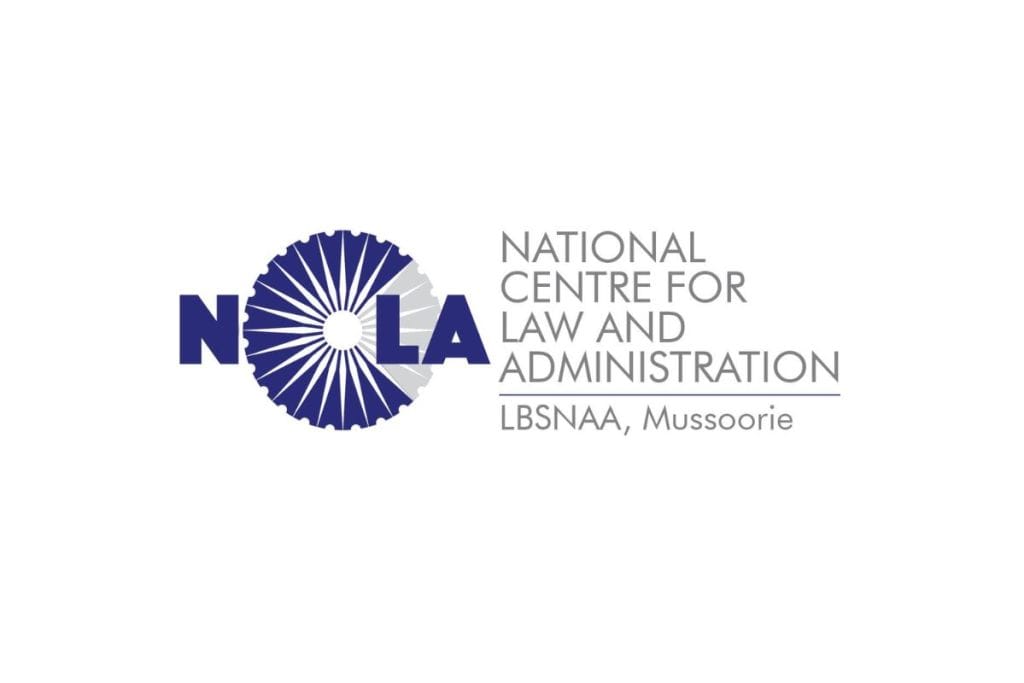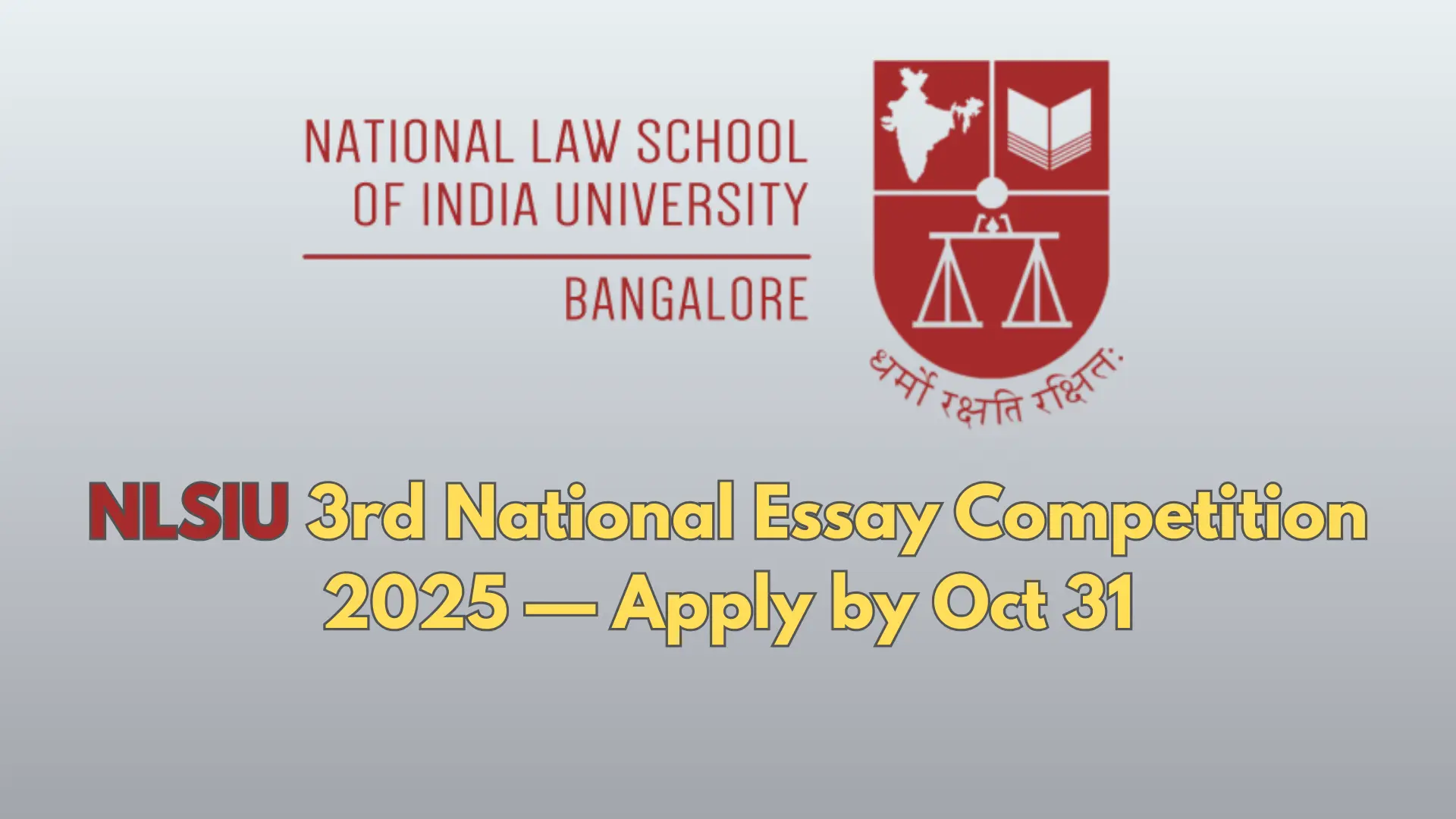Ever pictured yourself walking the halls of India’s Supreme Court, helping a judge shape landmark rulings? That dream can come true! The Office of Hon’ble Justice Aravind Kumar is opening its doors for internships from September 1 to October 31, 2025. It’s a once-in-a-lifetime shot for law students across India’s 28 states to work at the heart of our judiciary. I’ve mentored countless students who’ve transformed their careers with such opportunities, and I’m here to guide you through every step to land this internship. Let’s dive into who can apply, how to nail your application, and why this could be your big break!
Meet Justice Aravind Kumar
Justice Aravind Kumar is a powerhouse in India’s judiciary. Born in Karnataka on July 14, 1962, he earned his LL.B. from V.V. Puram College, Bangalore, and kicked off his legal career in 1987. He served as a judge in the Karnataka High Court, became Chief Justice of the Gujarat High Court in 2021, and joined the Supreme Court in February 2023. Known for his sharp mind in constitutional, civil, and criminal law, he’s also made waves with social initiatives, like setting up ‘signal schools’ for underprivileged kids and tackling COVID-19 challenges in court. Interning with him means learning from a judge who blends legal expertise with a passion for justice.
Why This Internship Is a Big Deal
Why should you care? This isn’t just another internship—it’s a front-row seat to India’s top court. Here’s what makes it special:
- See the Law in Action: You’ll observe live Supreme Court hearings, from constitutional disputes to major criminal cases.
- Boost Your Resume: A Supreme Court internship screams dedication, impressing law firms, judicial exam boards, or even UPSC panels.
- Sharpen Your Skills: Learn to research case laws, draft briefs, and think like a judge—skills that set you apart.
- Meet the Big Names: Rub shoulders with senior advocates, court staff, and top law students from across India.
Take my friend Priya, a 5th-year law student from Bengaluru. She interned with a Supreme Court judge and worked on a case like Shreya Singhal v. Union of India (2015), which struck down Section 66A of the IT Act. That experience landed her a job at a top law firm. This could be your story too!
Are You Eligible?
Before you get excited, let’s check if you qualify:
- Law Students Only: You must be in your 4th or 5th year of a 5-year B.A. LL.B. (or similar) program, or the final year of a 3-year LL.B. program.
- Full-Time Commitment: The internship is in-person in Delhi from September 1 to October 31, 2025. No part-time or online options.
- Skills Needed: Strong research and writing skills are a plus, as you’ll dive into legal work.
This opportunity is open to students from all states, whether you’re in Tamil Nadu, Uttar Pradesh, or a Union Territory like Chandigarh. But you’ll need to relocate to Delhi for two months.
How to Apply: Your Step-by-Step Guide
Ready to apply? Here’s how to make your application stand out:
- Build a Killer CV: Keep it short (1–2 pages). Highlight your grades, moot court wins, past internships, or research papers. If you’ve worked on constitutional law, flaunt it!
- Write a Cover Letter: It’s not mandatory, but a 300–400-word letter explaining why you want to intern with Justice Kumar can make a difference. Share a story—like how a Supreme Court case inspired you.
- Email Your Application: Send your CV and cover letter (as PDFs) to internship.akj@gmail.com. Use the subject line: “APPLICATION FOR INTERNSHIP FOR PERIOD 1 SEPTEMBER 2025 TO 31 OCTOBER 2025.”
- Double-Check Everything: No typos, no sloppy formatting. A clean application shows you’re serious.
I once helped a student, Rohan, polish his CV for a similar internship. He included his moot court win on Article 21 and got shortlisted. Small details matter!
Key Dates You Can’t Miss
| Detail | Date |
|---|---|
| Application Deadline | August 10, 2025 |
| Notification of Acceptance | By August 17, 2025 |
| Internship Period | September 1 – October 31, 2025 |
Submit by August 10, 2025, to beat the rush. Only shortlisted folks hear back by August 17, so keep an eye on your inbox.
What You’ll Do as an Intern
Wondering what’s in store? You’ll be in the thick of Supreme Court action:
- Research Cases: Dig into laws and precedents, like studying Article 14 for equality cases.
- Draft Briefs: Summarize case details to help the judge prepare.
- Watch Hearings: Sit in on arguments by top lawyers, learning how they persuade the court.
- Assist with Notes: Help write memos under the judge’s team’s guidance.
For example, you might research a case like Harpreet Singh v. Sikandar Singh (2025), where Justice Kumar tackled EWS reservation issues. It’s intense but exciting work!
How to Prep for the Internship
Got selected? Awesome! Here’s how to hit the ground running:
- Study Constitutional Law: Brush up on Articles 14, 21, and 32, as they pop up often in Supreme Court cases.
- Learn Court Basics: Understand how cases are listed and benches work. Check the Supreme Court website for insights.
- Practice Research: Get comfy with SCC Online or Manupatra for quick case law searches.
- Hone Your Writing: Practice clear, concise legal writing for briefs or memos.
- Follow Recent Cases: Read up on Justice Kumar’s rulings, like his 2025 decision on motor accident compensation (S. Mohammed Hakkim v. National Insurance).
When I prepped for my first court internship, I spent hours reading judgments. It made me confident on day one, and it’ll help you too.
Tips to Make Your Application Shine
With tons of students applying, you need to stand out. Here’s how:
- Show Your Passion: In your cover letter, mention why Justice Kumar’s work excites you. Maybe his COVID-19 rulings inspired you.
- Highlight Relevant Skills: Got a research paper on Article 19? Include it! Moot court wins? List them.
- Get a Recommendation: A professor’s letter can add weight to your application.
- Be Early: Submit well before August 10 to show you’re eager.
- Proofread Like Crazy: A single typo can hurt your chances. Double-check everything.
I’ve seen students miss out because of rushed applications. Take your time to get it right.
Why This Matters for Your Future
This internship isn’t just about two months in Delhi—it’s a launchpad. Law students get a leg up for jobs at firms like Cyril Amarchand. Judicial aspirants learn court workings, key for exams like Delhi Judicial Services. Young lawyers gain credibility, and even curious citizens see how justice unfolds. Whether you’re from Gujarat or a Union Territory like Puducherry, this experience travels with you.
What’s Next? Apply Today!
This internship with Justice Aravind Kumar is your chance to learn from the best, build skills, and make connections that last a lifetime. Don’t wait—start crafting your CV now, write that cover letter, and hit send before August 10, 2025. Share this with your law school buddies; someone might thank you later! Got questions? Drop them below, and let’s get you ready for the Supreme Court!
FAQs
1. Is this internship paid?
Nope, it’s unpaid. But the experience you gain working at the Supreme Court is worth more than gold for your career.
2. Can I apply if I’m in my 3rd year of a 5-year LL.B.?
Sorry, you need to be in your 4th or 5th year of a 5-year program or final year of a 3-year LL.B. to qualify.
3. Do I have to be in Delhi already?
You don’t need to live in Delhi to apply, but you must relocate there for the full two months. It’s strictly in-person.
4. What should my CV include?
List your grades, moot court wins, internships, research papers, or anything showing your legal skills. Keep it short and sharp.
5. Will I get a certificate?
Most Supreme Court internships offer a certificate if you complete it successfully, but check with the office to be sure.
6. What if I don’t hear back after applying?
Only shortlisted candidates get a response by August 17, 2025. If you don’t hear back, it means you weren’t selected.








